When you're considering setting up an employee stock option plan (ESOP) for your business, weighing ESOP pros and cons is an important step.
There are many benefits to an ESOP — for businesses, their founders, advisors, investors, and other stakeholders, as well as for their employees and contractors. Weighing the benefits is a vital part of determining whether an ESOP is right for your company — as is weighing the potential cons.
What is an ESOP?
ESOP stands for Employee Stock Option Plan (sometimes also called an employee stock ownership plan or an employee share option plan). It's a way for equity, or ownership in your company, to be distributed to employees through options.
We love cake, so a good way to visualize this is to think of your company as a whole cake. Each distribution of equity is a "slice" of the cake — there are slices for owners, investors, advisors, and any other stakeholders.
Then, there's a slice for the ESOP, where a percentage of the company's total equity is set aside to be distributed among ESOP participants. Each employee gets a small amount of equity from the ESOP pool, like they're taking a bite of the ESOP slice of the cake.

An ESOP is often offered along with a job offer as part of an employee benefit plan. An ESOP plan isn't the same as giving employee ownership through granting stocks directly — instead, it's an opportunity for employees to gain equity if they meet certain conditions (more on that below).
How does equity stock option work?
When a company starts an ESOP, it will set aside a certain amount of equity for the ESOP pool. This can be any amount, usually ranging from 5% to 30%, but 10% is pretty common.
Then, ESOP participants receive offer letters that explain how many shares they'll receive as an allocation from the pool, and what conditions they have to meet to vest those shares. Remember, participants aren't given company stock outright — they're given the right to purchase stock later after their options vest.
Vesting requirements are often either time or performance based. For example, a new employee receives options that will fully vest if they stay with the company for four years. Once the four years are up and the options have vested, the employee can exercise them by buying stock at a predetermined purchase price set forth in their offer letter (also called the strike price).
The strike price is typically based on an annual valuation of the company, and lower than the market price of stock. This allows the employee to gain equity for less than if they simply purchased stock.
Learn more: ESOP terms cheat sheet
What are ESOP pros and cons for employees and startups?

ESOPs seem complicated and can be intimidating, especially for startups and small businesses. But despite a few potential drawbacks, they come with many benefits. Here are the pros and cons to consider when thinking about starting an ESOP.

PRO: ESOP attracts talent
One of the biggest benefits to having an ESOP is that it helps companies, especially early-stage companies and bootstrapped startups, attract top talent. Cash can be tight for these kinds of companies, which makes it hard for them to offer salaries that are competitive with more established businesses.
With an ESOP, they can offer equity to help offset lower salaries, which is attractive to many top employees because of the potential for huge financial gain as the company grows.
And ESOPs don't just help attract employees. They can also seal the deal with experienced advisors and developers early in the company's growth.
PRO: ESOP helps retain talent
If attracting top talent is a battle, then so is keeping it. Employee retention can be a challenge for any business of any size — but especially for startups, where turnover is common and frequent.
ESOPs can help retain top employees because of their vesting schedules — if options can't be exercised until an employee has been with the company for a set number of years, they're less likely to leave for another gig. In order to earn their slice of equity, they have to put in the time and the work — and with an ESOP, you'll likely find that many employees are willing to stay on if it means they earn actual ownership in the company they work for.
PRO: ESOP provides employees wealth opportunities
As companies succeed they tend to grow — and so does the value of their stock. Because an ESOP allows participants to buy stock at a strike price that's often set long before they exercise their options, they get a chance to own something that's grown (and will keep growing) in value that's — and that's also a great deal for them.
As stock prices continue to increase over the company's lifetime, employees' equity becomes more and more valuable, giving them the chance to generate significant wealth.
PRO: ESOP can act as salary top-ups
It's not uncommon for startups, especially in their early stages, to hit hard times when cash flow becomes a challenge. If that happens, and reducing employee salaries becomes necessary to make it through, having an ESOP already established means you can offset pay cuts by offering employees proportionate equity.
Not only can this help boost morale during tough times, but it can encourage great employees to stay with the company, even through the hard times. It shows employees that you value them and want to keep them, and offers them an alternative to salary compensation when money gets tight.
PRO: ESOP creates incentivization
When employees participate in an ESOP, it creates incentives for them to work harder to collaborate, innovate, and be as productive as possible. This is because they own a piece of the company, and so they start thinking like business owners! Instead of just employment, they see their place in your company as more of a partnership.
Even though the company is just one cake, everyone is sharing it — from the owners and founders to the management team to the newest hires. An ESOP creates a shared sense of responsibility and accountability, and encourages everyone at the organization to work together toward their shared goals.
PRO: ESOP comes with tax benefits
ESOPs come with big tax advantages — usually for both the company and its participating employees. These will vary based on the country where your company is based, but in many places, a company's contribution to its ESOP pool is either tax-exempt or tax-deductible.
In the U.S., Congress has formally encouraged employee-owned companies since it passed the Employee Retirement Income Security Act (ERISA) in 1974. The law means that employees who may have been subject to capital gains tax when selling their stock can often avoid those taxes when their profits rollover to an IRA or other qualified retirement plan.
PRO: ESOP can help with exit strategy planning
One benefit that many founders and business owners don't consider is how an ESOP can act as a succession plan for when an ownership transition takes place. For a closely held business with a small number of major stakeholders, having an ESOP plan in place means that immediate liquidity is available for any minority stakeholders who want to leave the company — they can simply transfer their share to the ESOP in exchange for fair market value for their shares. This offers flexibility for owners, as well as legacy protection — allowing the ESOP to assume an exiting stakeholder's equity means that the company's employees gain greater ownership. They're a known buyer that will have the company's best interest in mind — something you can't guarantee with a merger, acquisition, or sale to a third party.

CON: ESOP requires management, which can be complicated and time-consuming
There's no way around it. Having an ESOP means managing an ESOP, which can be complicated and time-consuming. From plan administration to legal compliance to updating cap tables and ensuring offer letters and other documents are stored and accessible, the workload can be significant.
This particular drawback can be especially discouraging to bootstrapped startups in their early stages — those where no one has the expertise (or the time!) to set up and run an ESOP plan. Luckily, there are tools that can help streamline ESOP management, making setup and administration a breeze (but more on that in a moment).
CON: ESOP comes with set up, maintenance, and management costs
The other potential drawback to having an ESOP? The cost. ESOP transactions can incur costs. Then there's the cost of setting up and maintaining an ESOP plan in the first place. Some circumstances call for paying financial advisor or ESOP trustee fees.
But while the costs can look intimidating on paper, the tax advantages and other benefits from having an ESOP should outweigh any costs associated with it. If an ESOP is the right move for your company, the costs shouldn't be a major barrier when all is said and done.
Avoid the complexities with the right ESOP tools

ESOPs come with a lot of great benefits. But the cost, time, and expertise required to set up and maintain an ESOP are the potential drawbacks that stand in the way.
That's why many ESOP companies turn to technology tools to help. One tool that makes setting up and maintaining your ESOP plan a piece of cake is Cake.
Equity management, the Cake way
Cake helps streamline the entire ESOP process, from setup to sending offer letters and distributing options, tracking vesting requirements, and more. With built-in legal agreements, vesting schedules, communications, and document storage, you know you're getting a best-practice equity plan that's transparent and easy for all your stakeholders to access and use.
With Cake, adding equity into your hiring process only takes a few seconds. You can create stock options, set up automatic vesting, and start motivating and rewarding your team for their hard work — all in just a few clicks.
Cake is also the only truly global equity management tool. We currently cover more than 30 countries, with more being added all the time. We create a seamless experience for global teams, while ensuring everything from your offer letter to your exercise rules is compliant with local regulations.
But don't just take our word for it. Take advantage of all the pros an ESOP has to offer your company today. Get started with setting up your cap table and ESOP plan, for free, with Cake.
This blog is designed and intended to provide general information in summary form on general topics. The material may not apply to all jurisdictions. The contents do not constitute legal, financial or tax advice. The contents is not intended to be a substitute for such advice and should not be relied upon as such. If you would like to chat with a lawyer, please get in touch and we can introduce you to one of our very friendly legal partners.
This article is designed and intended to provide general information in summary form on general topics. The material may not apply to all jurisdictions. The contents do not constitute legal, financial or tax advice. The contents is not intended to be a substitute for such advice and should not be relied upon as such. If you would like to chat with a lawyer, please get in touch and we can introduce you to one of our very friendly legal partners.











